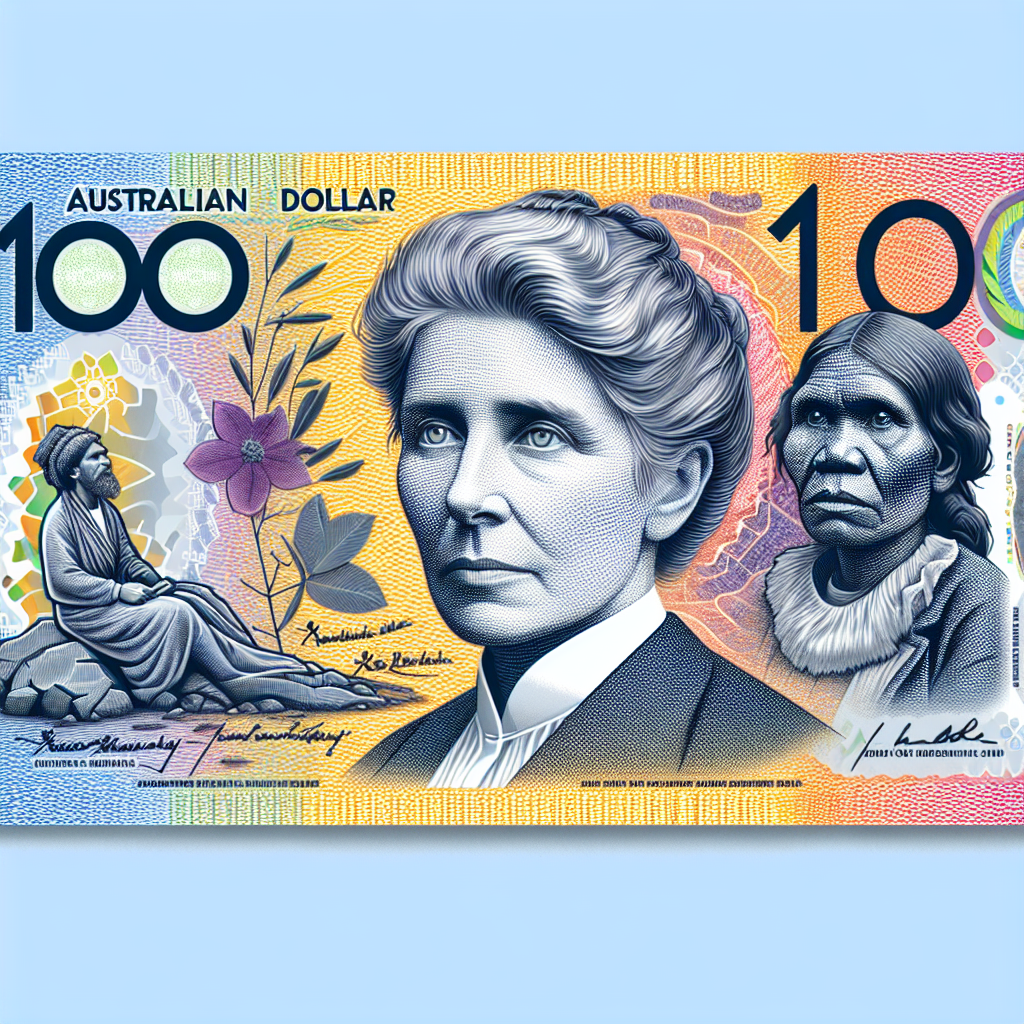Dollar Drops as Yen Rises on Recent Market Moves
The dollar lost ground against key currencies, notably the yen, as investors focus on U.S. President Joe Biden's campaign exit and upcoming monetary policy decisions from the Federal Reserve and Bank of Japan. The yen's volatility is increasing ahead of important policy meetings, influenced by slowing U.S. inflation and Trump's concerns over dollar strength.

The dollar eased slightly against a basket of currencies on Monday while dropping sharply versus the yen, as investors focused on U.S. President Joe Biden's decision to end his re-election campaign and anticipated policy changes from the Federal Reserve and the Bank of Japan. Analysts suggested the yen could be at a turning point due to the Fed's potential rate cut and the Bank of Japan's expected policy tightening.
The Federal Reserve Open Market Committee is set to meet on July 30, just a day before the Bank of Japan's meeting. Money markets have fully priced in a 25 basis points cut by the Fed by September.
Lee Hardman, senior currency analyst at MUFG, noted, "The yen has become more volatile ahead of the upcoming policy meetings from the Fed and Bank of Japan," adding that the Japanese currency has been bolstered by evidence of slowing U.S. inflation. Former President Donald Trump has expressed concerns over the high level of the U.S. dollar versus the yen.
The greenback weakened by 0.6% against the yen, trading at 156.58. The dollar index, a measure of the U.S. dollar's value relative to a basket of foreign currencies, slid 0.1% to 104.30.
Following Biden's withdrawal on Sunday, he endorsed Vice President Kamala Harris as the Democratic candidate for the November election. Harris has seen support within the party, although some high-profile figures have remained silent, including former House Speaker Nancy Pelosi. Former President Trump holds a significant lead in betting markets after Biden faced criticism over his debate performance and concerns about his age and health.
Joseph Capurso, strategist at Commonwealth Bank of Australia, cautioned against jumping to conclusions based on the dollar's initial reaction. "The bottom line is what the polls show this week," he said, noting that a decline in Trump's odds should weaken the dollar, and vice versa.
The euro rose 0.05% to $1.088. Analysts highlighted that the European Central Bank (ECB) did not oppose the expected rate cut in September at their recent meeting.
The dollar gained 0.1% to 7.2943 yuan offshore after the People's Bank of China slashed the seven-day reverse repo rate and unexpectedly lowered the one- and five-year loan prime rates. The Australian dollar fell 0.25% to $0.6651 after news of Biden's exit. The New Zealand dollar also slipped 0.22% to $0.5996.
City Index market analyst, Matt Simpson, noted, "Sentiment is fragile, and AUD/USD has clearly taken notice...with China's rate cuts adding to the bearish outlook."
He added, "Fed policy and yield differentials are no longer the only game in town, and we are just getting started with the U.S. election dynamics."
(With inputs from agencies.)
- READ MORE ON:
- dollar
- yen
- currency
- Biden
- Federal Reserve
- Bank of Japan
- election
- Trump
- inflation
- policy
ALSO READ
Elon Musk's Controversial Endorsement Sparks German Election Uproar
Uttarakhand Gears Up for 2024-25 Municipal Elections with 6,496 Nominations
Kejriwal Launches Historic Support Scheme for Priests Ahead of 2025 Delhi Elections
Swaraj Criticizes Kejriwal's Appeasement Politics Amid Election Stir
U.S. Sanctions Highlight Foreign Interference in 2024 Election










